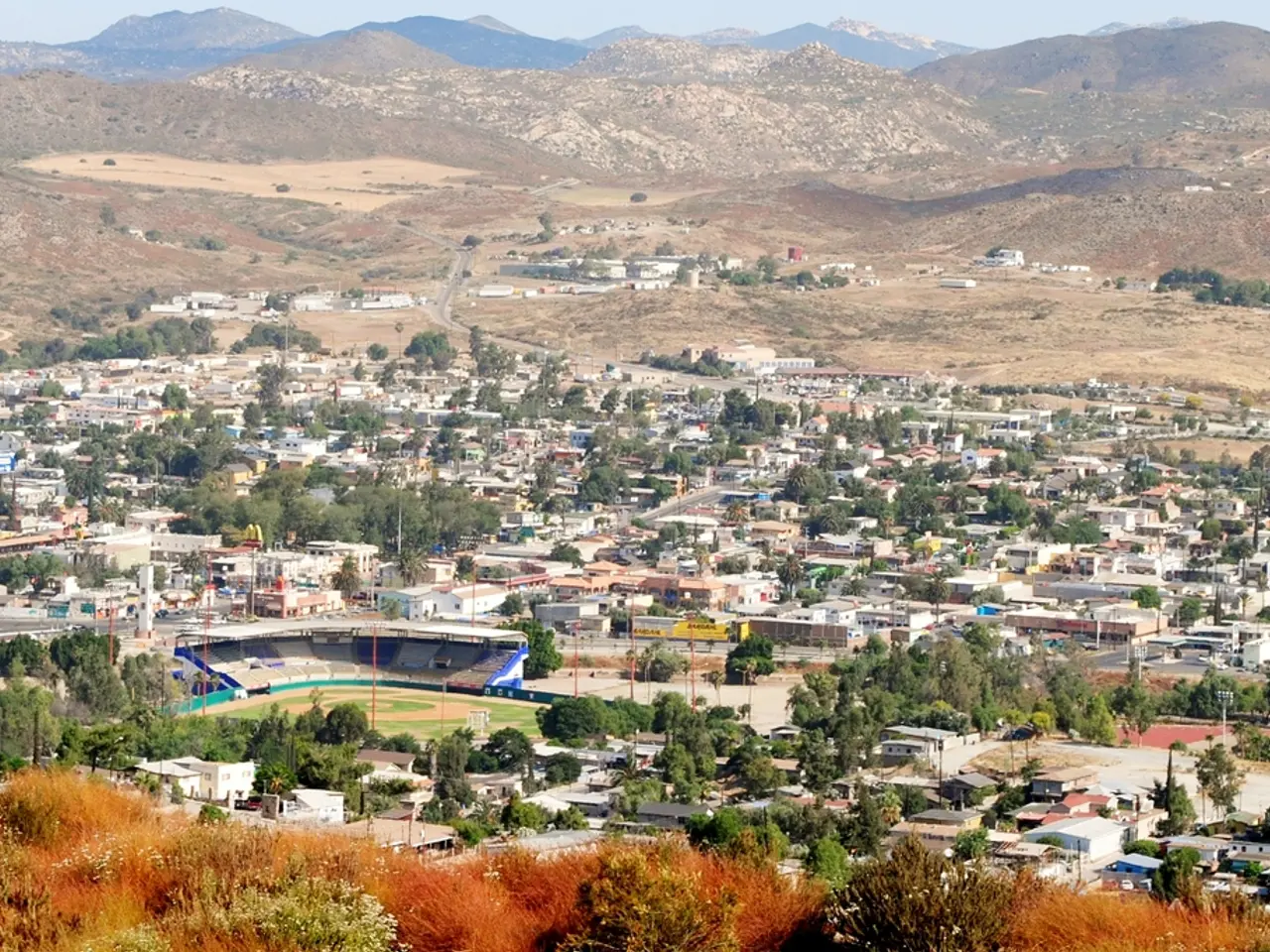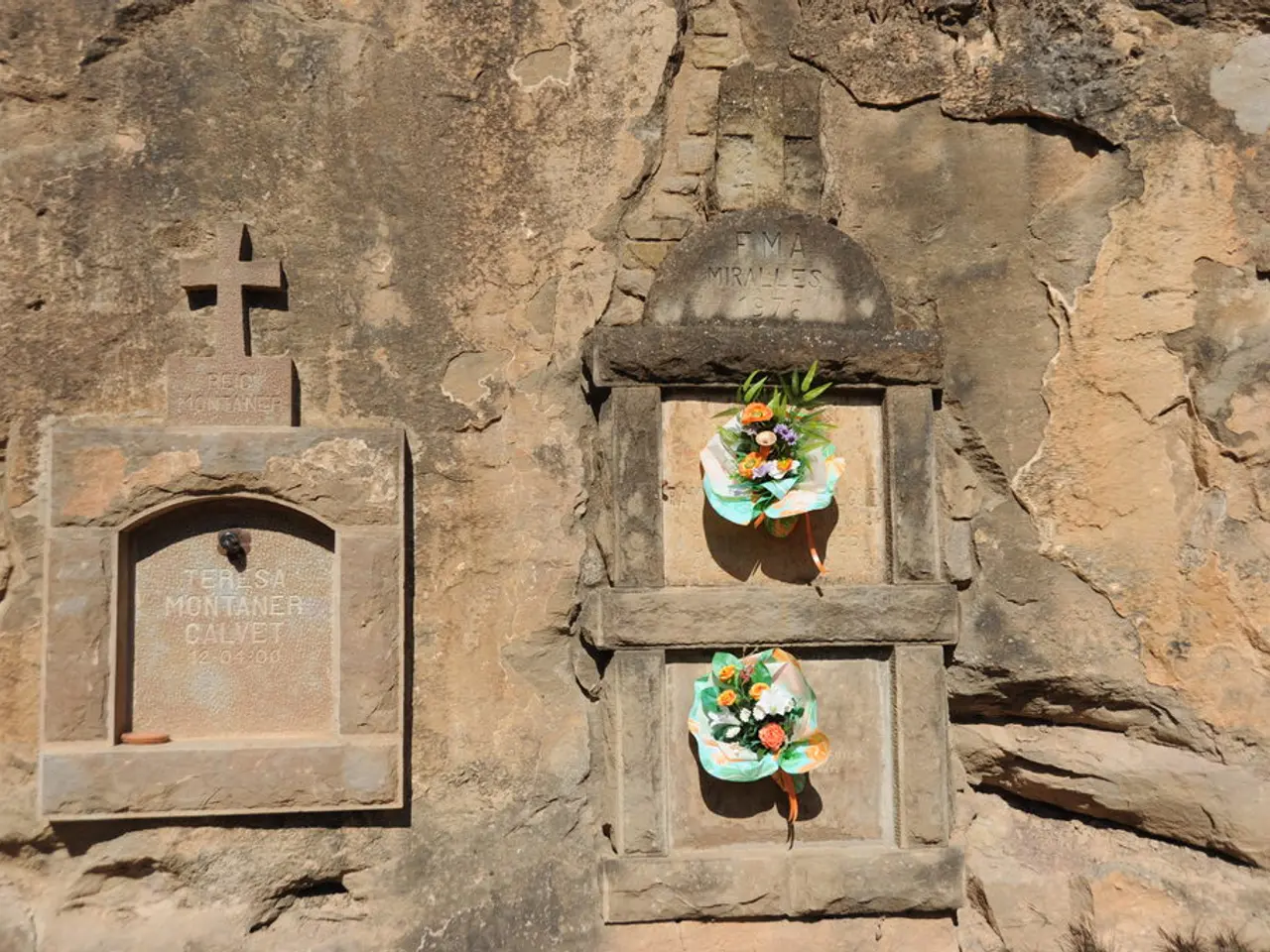Rural governors chosen by direct public vote: span of five years
In a significant shift for Kazakhstan's governance, Erlan Karin, a prominent figure, has reported that the corps of village akims (local heads) has undergone a comprehensive renewal. This transformation is marked by an increase in diversity among the newly elected village akims, with a focus on younger candidates, women, and professionals from various fields.
The introduction of direct voting for village akims last year has played a crucial role in this change. Unlike the previous appointment system, direct voting has opened the door for a broader range of candidates to participate in the election process.
This move towards more representative leadership is part of a larger political reform agenda in Kazakhstan. The reforms, which also include the implementation of direct voting for rayon akims, aim to foster national unity and social stability by involving a broader spectrum of society in local governance.
President Kassym-Jomart Tokayev initiated the implementation of direct elections for village akims five years ago. Since then, over 2,969 akims have been elected, with 864 of them self-nominated. The average age of the newly elected village akims stands at 44 years.
The new crop of village akims includes individuals from various professions, such as teachers, doctors, farmers, businessmen, heads of local enterprises, and peasant farm leaders. This diversification of backgrounds is expected to bring fresh perspectives and ideas to local governance.
Among the newly elected village akims, 283 are women, further enhancing gender representation in local leadership. This shift towards a more diverse and representative leadership is seen as a step towards enhancing local democracy and ensuring that elected leaders are more responsive to their communities' needs.
The political reforms in Kazakhstan continue to progress, with the process now including elections for rayon akims as the terms of existing akims expire. This expansion of the reforms signifies a commitment to decentralization and increased public involvement in governance, key aspects of President Tokayev's vision for the country's future.
- The ongoing political reforms in Kazakhstan, led by President Kassym-Jomart Tokayev, are extending beyond village governance to include elections for rayon akims, highlighting a commitment to decentralization and increased public involvement in policy-and-legislation and general-news.
- The recent renewal of the corps of village akims in Kazakhstan, marked by an increase in diversity among the newly elected village akims, has been facilitated by the introduction of direct voting, bringing a broader range of professionals, including women, into the realm of politics and local governance.






